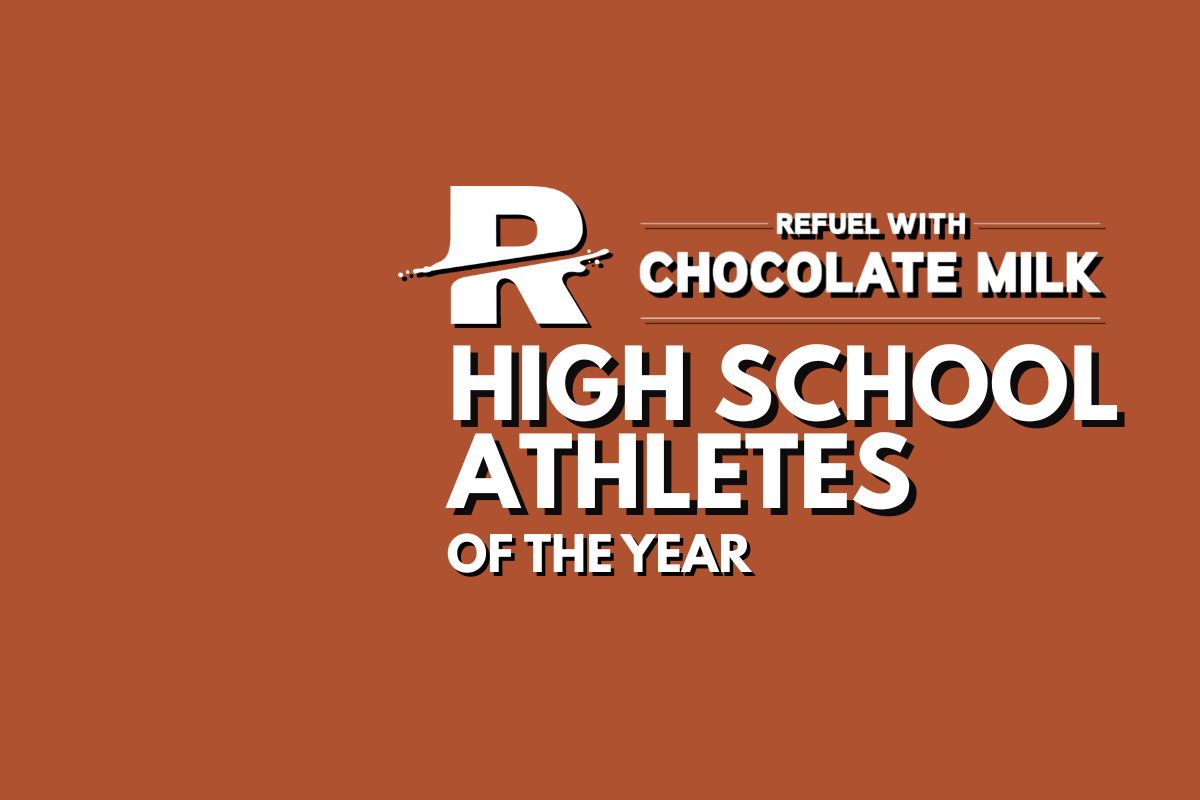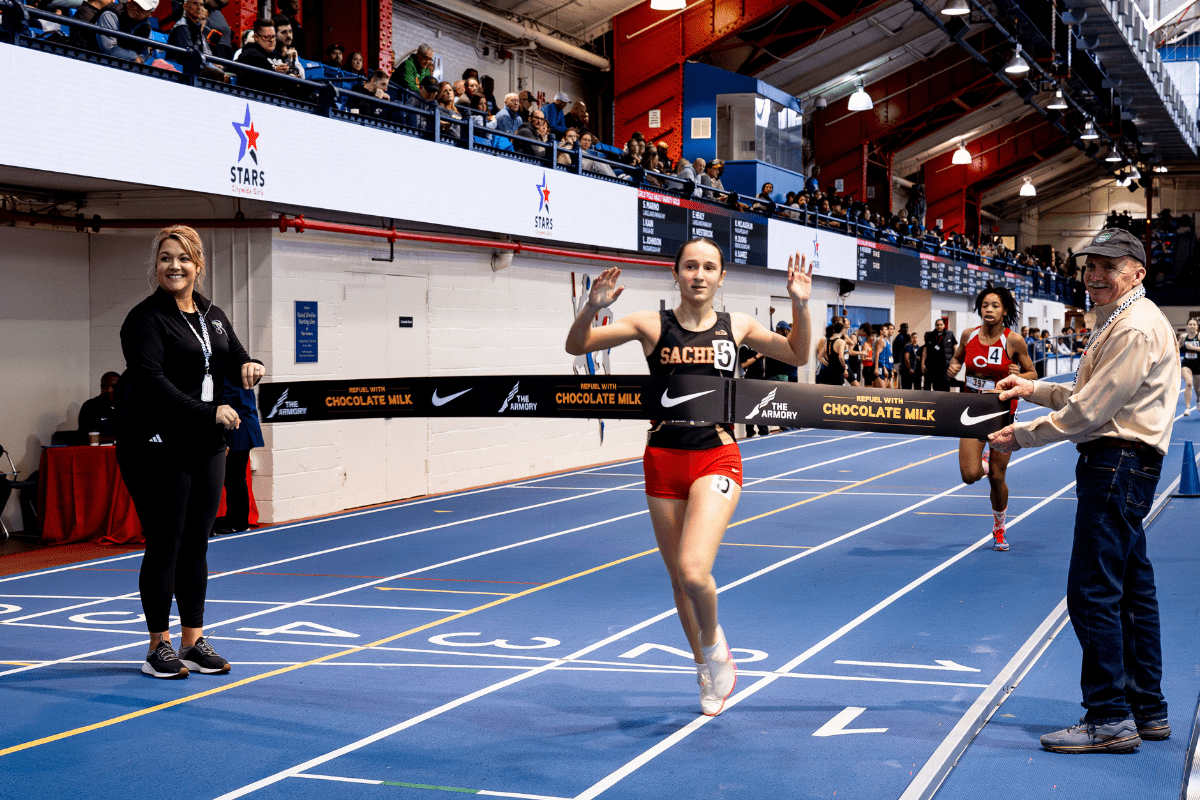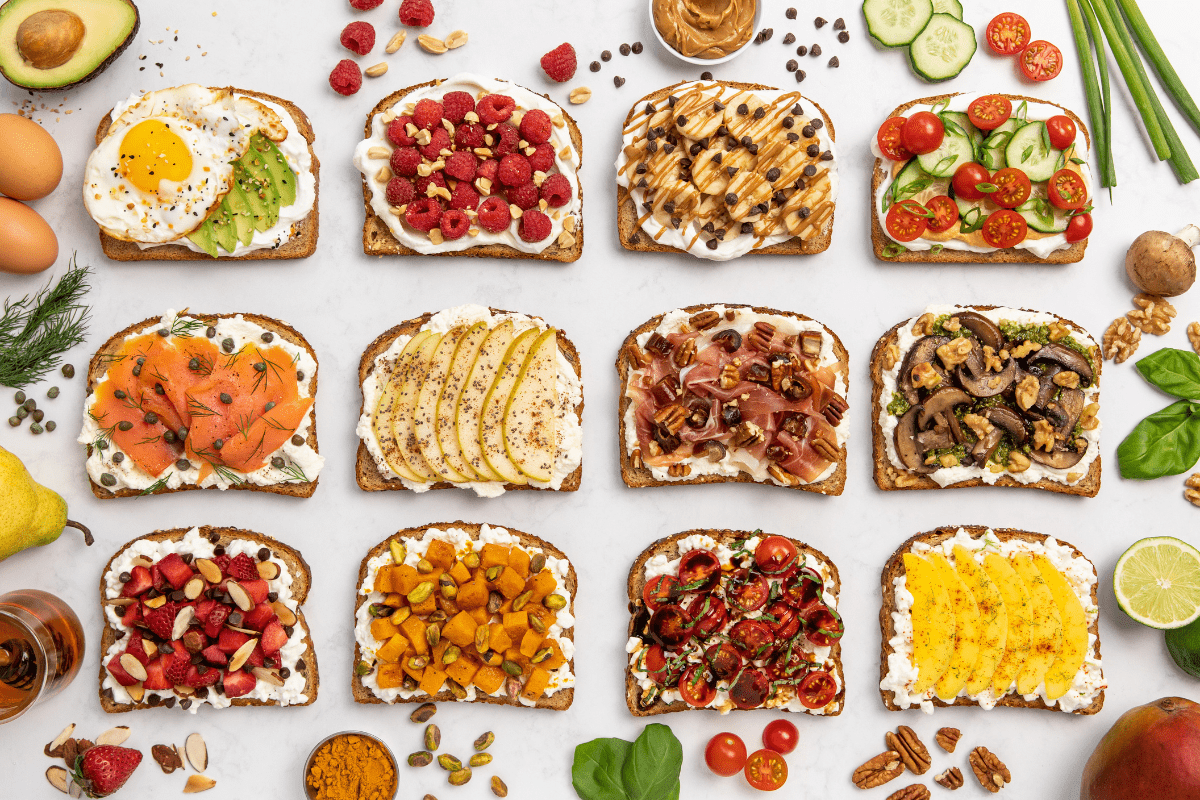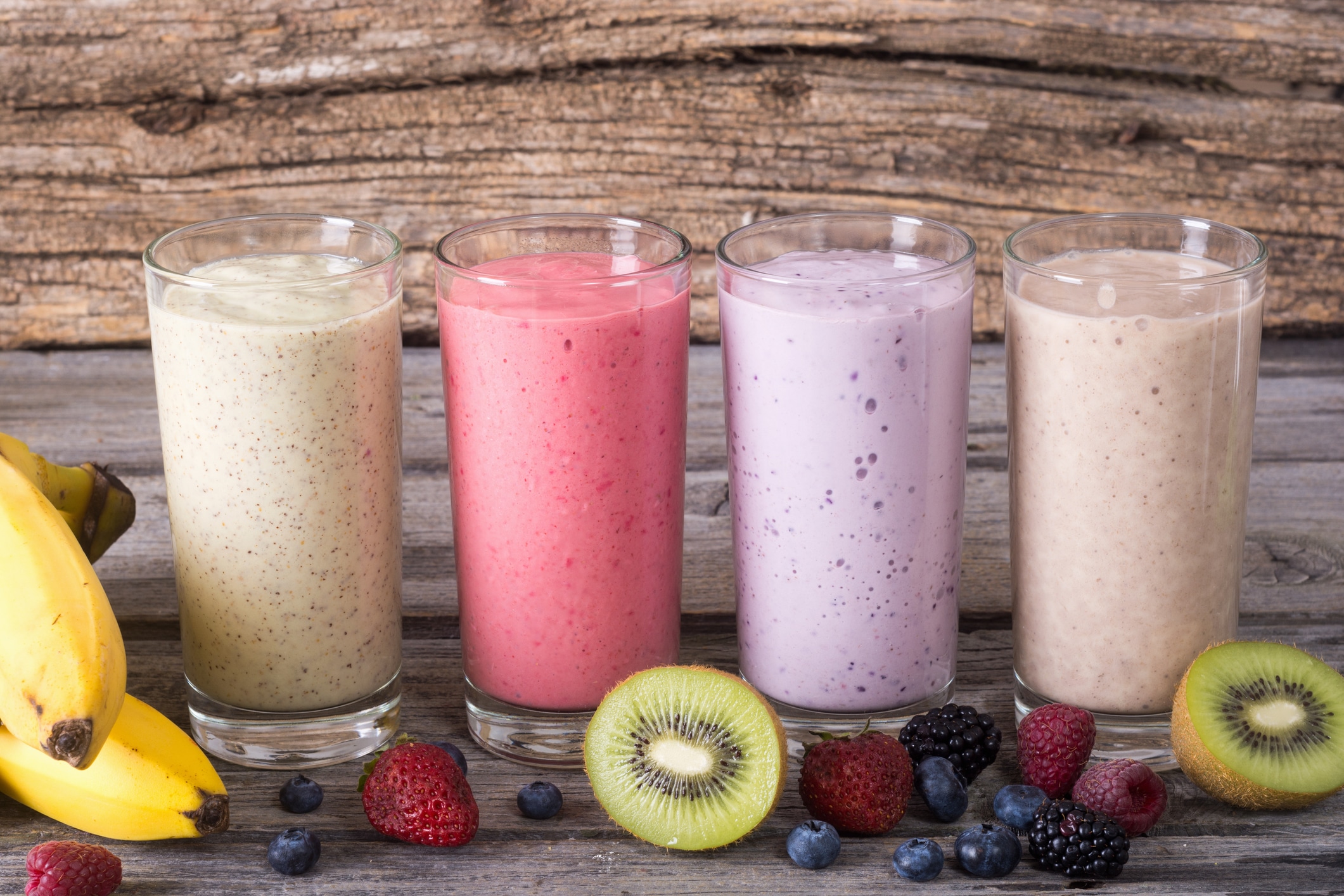Did you know baseball is one of the only sports without a time limit? Unlike other sports, baseball games are divided into innings that may be short or long, and games often last longer than three hours. It’s also one of the only sports with games played most days of the season, so in baseball nutrition for players is important.
The youth baseball season starts in the spring with games played mostly on the weekends. Once summer comes, games are played on weekdays and weekends. The high school baseball seasons typically includes around 30 games during the spring, followed by as many as 50 games during the summer months. College seasons are even more demanding, with 50 or more games played during each of the spring and summer seasons.
Although the seasons are long and grinding, the sport of baseball has a relatively low energy demand. Games consist of short burst plays, with long rest periods in between. Practices are often shorter than games, but can be a lot more intense. During training, players participate in more repetitions hitting, throwing, and fielding. They also typically work with multiple coaches, running various drills at the same time. That makes the fueling and hydrating demands during games quite different than during practice. It also makes the fueling and hydrating considerations for baseball unique, compared to other sports.
Nutrition Recommendations for Baseball
As with any sport, proper fueling and hydration practices are important for optimal performance. Players should be consuming a well-balanced, nutrient-rich diet every day, with additional fuel before, during and after games.
Carbohydrates
Players need adequate carbohydrates to keep energy levels high and support overall performance for training and competition. Additional carbohydrates are especially important to support the high-repetition, high-intensity, short-duration movements that occur during training and practice.
Protein and Fats
In addition to carbohydrates, baseball players need adequate protein and dietary fat to help with muscle recovery and support overall health. Protein helps to repair muscle tissue that was broken down during training and use. It’s also needed to build new muscle tissue. As with carbohydrates, it’s ideal to distribute daily protein and fat intake throughout the day, having some at each meal and as snacks. See the chart below for both daily and per meal recommendations.
Daily Nutritional Requirements for Baseball
|
Based on a 150 lb. Student-Athlete (68 kg) |
|||
|
Carbohydrate |
Protein |
Fat |
|
|
Daily Requirements |
(3-5 g/kg/d) |
(1.2-1.7 g/kg/d) |
(1 g/kg/d) |
|
Daily Total |
205-340 g |
82-116 g |
68 g |
|
Per Meal (3 Meals/Day) |
60 g |
25 g |
20 g |
|
Per Snack (2 Snacks/Day) |
25 g |
10 g |
5 g |
Source: Sports Nutrition: A Handbook for Professionals
In addition to proper fueling, baseball players need to focus on maintaining healthy hydration levels. Research shows that fluid losses resulting in as little as a 1-2 percent of bodyweight can negatively impact sports performance. Further dehydration can result in decreased muscle endurance, cramping, heat exhaustion, and heat stroke. That makes hydration a top priority when it comes to both safety and performance in baseball, especially on hot, humid days.
Before
Fueling and Hydrating Before Baseball Practice and Games
Since nutrition plays an important role in sports performance, it’s important to start practice and games well fueled and well- hydrated. The pre-training or pre-game meal will depend on how much time you have leading up to performance. As a general rule, if you have more time, you can consume larger, slower-digesting meals. If you have less time, meals and snacks should be fast-digesting and smaller in nature. See this handout for specific guidelines and examples on how to fuel up prior to performance.
During
Fueling and Hydrating During Baseball Games
The purpose of consuming fuel and fluids during training and games is to prevent carbohydrate depletion and maintain a good hydration status. Ideally, enough fluid should be consumed to prevent losses greater than 2 percent bodyweight. While drinking water is important, sports drinks have the additional benefit of providing carbohydrates for energy and electrolytes to keep fluid balance and help prevent dehydration.
Most baseball players prefer not to eat solid food while playing, but it’s still a good idea to have snacks on hand. It can be hard to predict how long a baseball game will last, and some end up going into extra innings, so you’ll need extra fuel.
Choose easy-digesting foods that can be consumed quickly on the bench, such as bananas, oranges, granola bars, crackers, peanut butter and jelly sandwiches, or energy bars and chews. If unable to eat, most sports drinks contain sufficient carbohydrates to provide quick, usable energy when needed. If playing multiple games in a day, such as a tournament, foods with sufficient carbohydrate and protein should be consumed to help aid in recovery and help maintain feelings of fullness. Good examples include a deli meat and cheese sandwich, pasta salad with chicken, yogurt parfait, and a smoothie.
After
Refueling and Rehydrating After Baseball Games
Post-game recovery is critical for baseball players because in many cases, they will have another game the next day. Proper refueling after activity plays a major role in an athlete’s ability to come back stronger the next day. The right foods should supply sufficient calories and carbohydrates that can be stored for tomorrow’s use, protein to rebuild broken down and fatigued muscle, and fluids to help prevent dehydration the following day. Fluids also help remove metabolic waste from activity while carrying new nutrients throughout the body to any areas in need. At a minimum, athletes should drink enough to replace any fluid lost during activity. That can be monitored by weighing in and out before and after activity. See this article for specific examples of what and how much to drink after a workout.
Three examples of post-game and post-training recovery fuel options for baseball are:
- Rice bowl with chicken, beans, vegetables, cheese, lettuce, and guacamole
- Pasta with ground beef and cheese, side salad with added vegetables
- 16 oz. low-fat chocolate milk, banana, and trail mix
Other Considerations
One final consideration for baseball nutrition is travel. Professional and collegiate baseball players frequently endure long bus trips, often overnight, where food options can be very minimal. Due to the popularity of travel baseball, this is now occurring with younger athletes too. Many families find themselves on the road all weekend during the summertime and parents are frequently scrambling for dinners during the week between their work schedules and their child’s practices and games.
This brings to light the importance of planning ahead. Be sure to have snacks, drinks, and even meals available for long car rides and in between activities. Keep a cooler packed with water and sports drinks, fresh fruit, yogurt, sandwiches, energy bars, chocolate milk and other ready-to-eat options. This level of preparation can save time, money, and make life easier for parents over the course of a long baseball season. Developing these nutritional habits from an early age sets baseball players up for success as they progress through their sports career.





